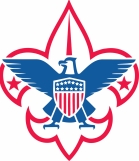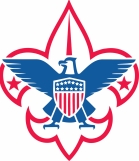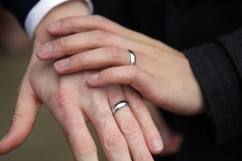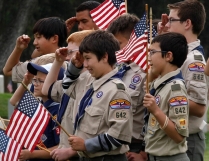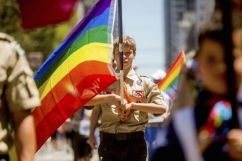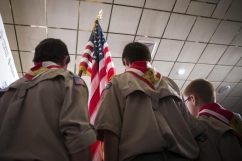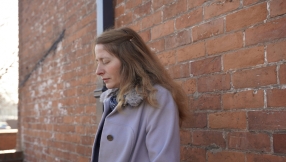The Boy Scouts of America is facing protests from religious groups after its decision to allow homosexuals to lead the youth organisation—one of the biggest in the United States.
About 70 percent of the roughly 100,000 Boy Scout units in the US get financial assistance from religious institutions, and many said the decision to lift the blanket ban on gay leaders goes against the moral standards set by the 105-year-old youth organisation.
"We express consummate sadness that this once vibrant organisation continues to cave to social pressure, compromising its long-held, constitutionally protected tenets," said Roger "Sing" Oldham, a spokesman for the Nashville-based Southern Baptist Convention.
The Catholic Church, another leading sponsor of troops, on Tuesday also expressed its concern with the "practical implications" of allowing gay leaders. However, it said it remains committed to its relationship with the organisation.
Other religious groups such as the Mormon Church are already considering leaving the youth organisation after its decision to end its ban on homosexual leaders.
"The Church of Jesus Christ of Latter-day Saints is deeply troubled by today's vote. When the leadership of the church resumes its regular schedule of meetings in August, the century-long association with scouting will need to be examined," the Mormon Church said in a statement after the Boy Scouts' board voted to approve the new policy.
The church added that the youth organisation's decision to allow gay leaders "is inconsistent with the doctrines of the church and what have traditionally been the values of the Boy Scouts of America."
Russell Moore, president of the Ethics & Religious Liberty Commission of the Southern Baptist Convention predicted that more religious groups will leave the Boy Scouts, with the youth organisation ultimately facing serious splintering.
"Churches are told that these changes will not affect faith-based groups. Churches know that this is the final word only until the next evolution," Moore said.
The Boy Scouts' national executive board, which is made up of 71 civic, corporate and church leaders, approved the new policy after being put to a vote via teleconference on Monday.
Seventy-nine percent of those who voted chose to approve the end of the Boy Scouts' blanket ban on gay leaders.
Scouting leaders pledged to continue its goal of honing the youth despite controversies raised by its new policy on homosexuals.
"Moving forward, we will continue to focus on reaching and serving youth, helping them to grow into good, strong citizens," the Boy Scouts' statement on its new policy said.
The Boy Scouts' national executive board also chose to allow its church-sponsored units to choose local unit leaders who adhere to their precepts, essentially giving them the freedom to still restrict leadership positions to just heterosexual men.










